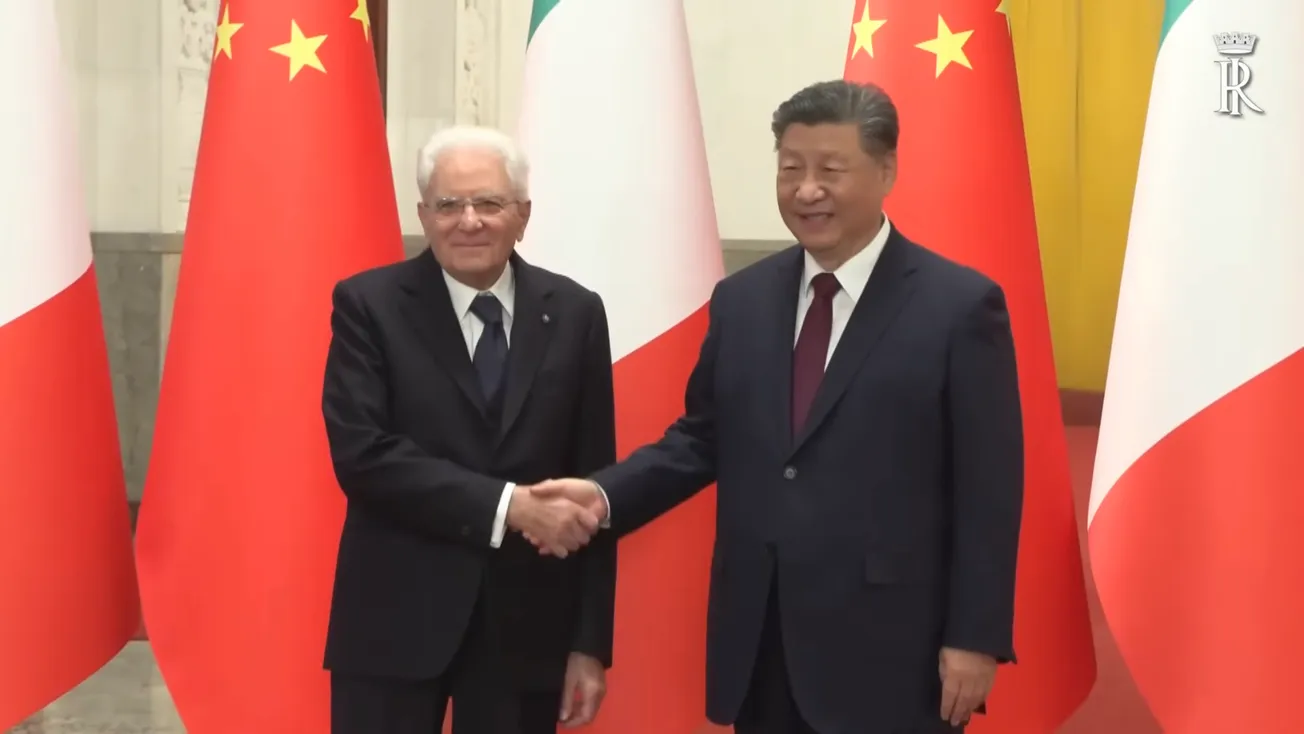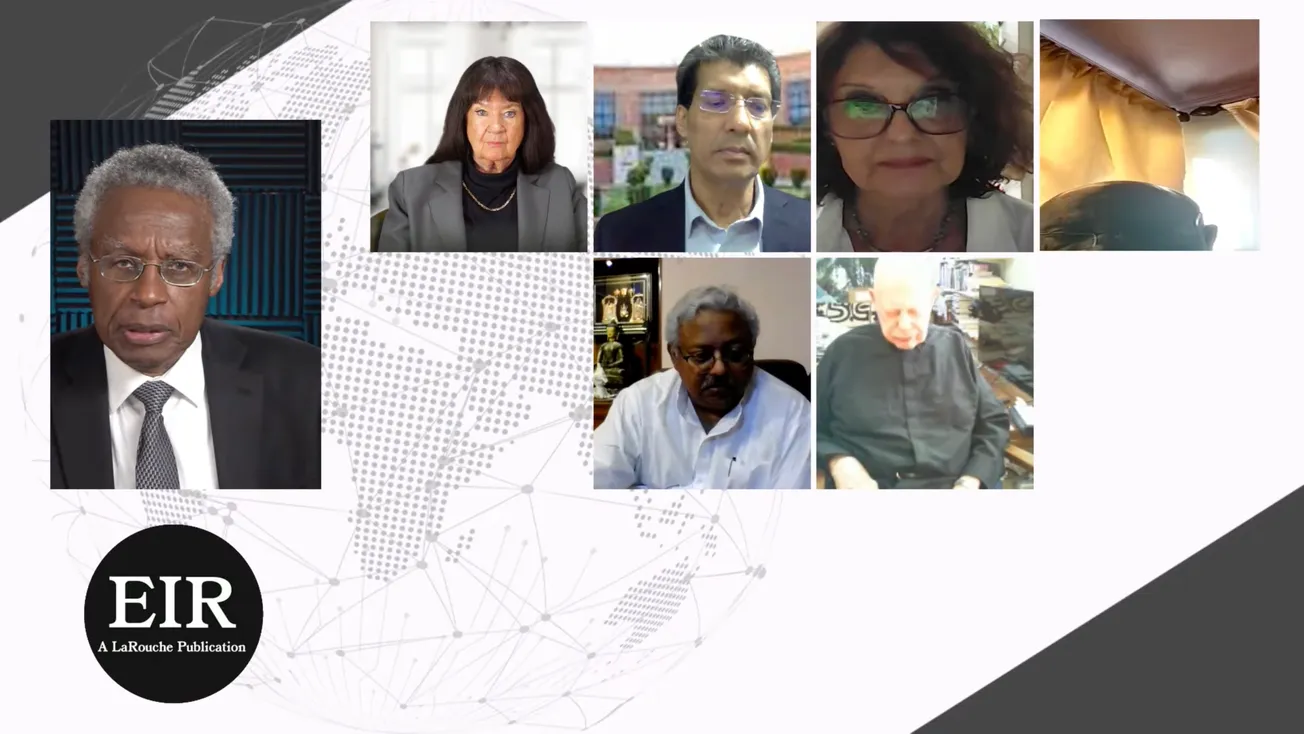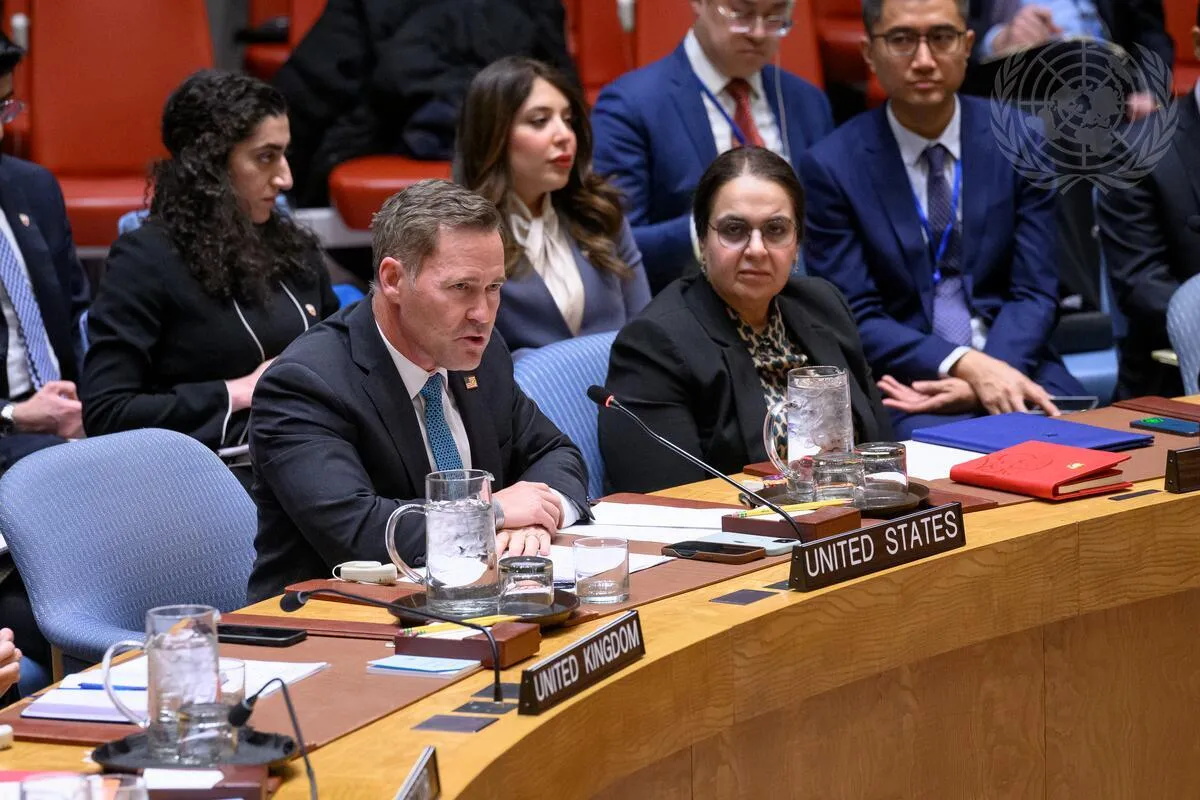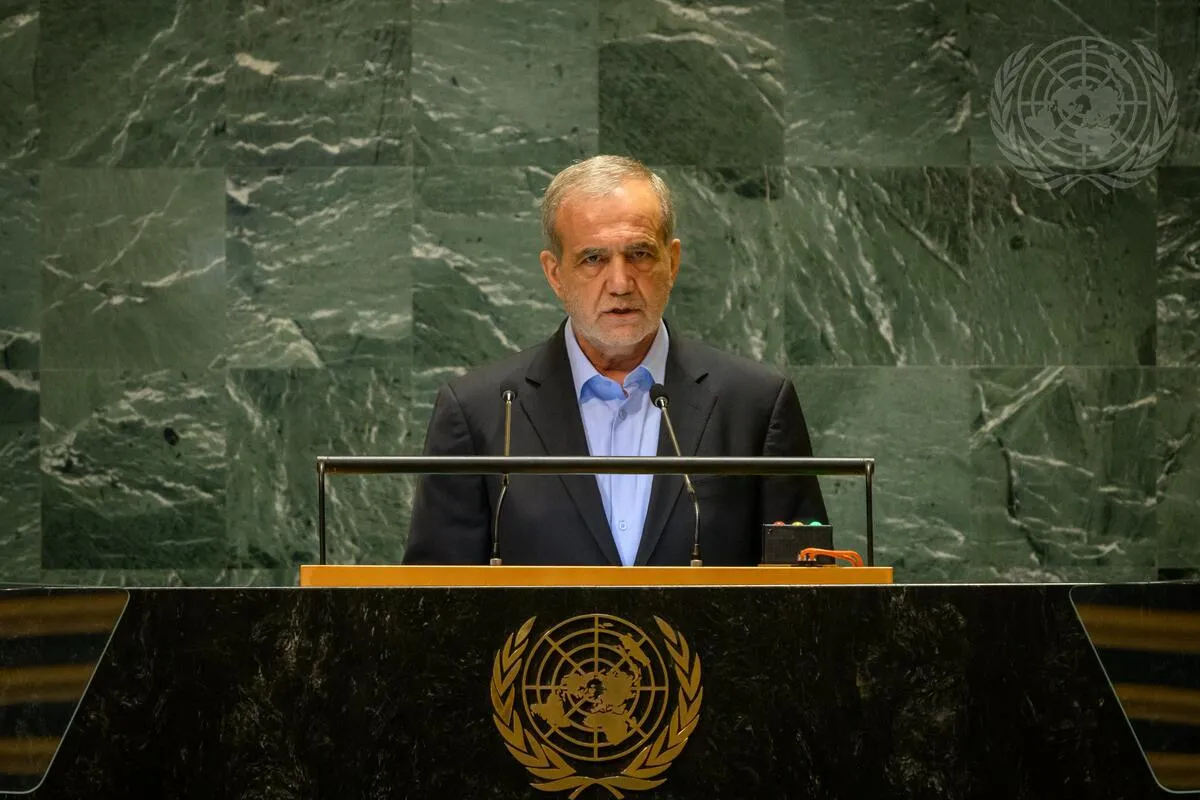What has power to create the destiny of humanity? Despite the views of the Rumpelstiltskins of the old order, who will tear themselves in two rather than accept a new paradigm, the only valid answer to this question is true ideas. The physical universe obeys true ideas, not the dictates of a NATO-centered imperial regime.
The Russian-Ukrainian scientist Vladimir I. Vernadsky understood this quite well; he concluded from decades of rigorous work, that the mind of thinking mankind, through its effects on human social organization and behavior, is the most powerful geological force.
Vernadsky wrote in December 1943:
“The historical process is being radically changed under our very eyes. For the first time in the history of mankind the interests of the masses on the one hand, and the free thought of individuals on the other, determine the course of life of mankind and provide standards for mere ideas of justice. Mankind taken as a whole is becoming a mighty geological force. There arises the problem of the reconstruction of the biosphere in the interests of freely thinking humanity as a single totality. This new state of the biosphere, which we approach without our noticing, is the noösphere.” [Emphasis in original.]
Those words, written in the midst of the Second World War, define the principle upon which any successful system must be established.
In her webcast of Wednesday, Nov. 6, Schiller Institute founder Helga Zepp-LaRouche reiterated her call that now is the time to push for a new security and development architecture which takes into account the interests of every single country. Resonating with the same immortal principle, of the “one humanity,” Vladimir Putin asserted in his keynote on Nov. 7 at the Valdai International Discussion Club that “the key principle of security for all without exception is that the security of one nation cannot be ensured at the expense of others’ security…. Today, security is a complex notion which encompasses more than just military and political dimensions; it cannot be achieved without socio-economic development and the resilience of states against a range of challenges, from natural to man-made.”
Not all agree with Vernadsky, Zepp-LaRouche, and Putin. Leaders in Europe scramble to maintain the ability to keep the NATO war in Ukraine going after a likely halt to U.S. aid under a Trump administration. NATO carries out war exercises in Finland, which shares an 800-mile border with Russia. Israel’s genocide in Gaza continues, with women and children making up an estimated 70% of those killed, and the Netanyahu government is in a flight forward to clear out any opposition to its tenuous position.
Against this dynamic, as if compelled by a deeper current, Italian President Sergio Mattarella spoke of the power of intercultural dialogue as he stood next to his host President Xi Jinping in Beijing at the China-Italy Cultural Forum: “Culture enhances the dignity of individuals. It is not a naïve aspiration. It is not an exchange that is unmindful of the differences. Quite the opposite: the value of the exercise consists in assuming and analyzing them with openness, without this hindering comparison and cooperation. This way of approaching each other is productive, as it leads to building a common heritage. It is a reflection, an attitude that spurs us to avoid the temptation of returning to anachronistic stands in a world of opposed blocs.”
Take up the charge: Can we move the U.S. and European nations to join the noösphere, to overcome the evil of geopolitics—to stop this confrontation? In the period between now and the inauguration of President Trump we face the very high likelihood that the ghouls of war will pull something desperate in order to maintain hegemony—perhaps the placement of long-range missile systems in Ukraine, or, God forbid, their deployment, with U.S. back-up, deep inside Russian territory.
In her “Ten Principles of a New International Security and Development Architecture,” the discussion document for the upcoming Dec. 7-8 Schiller Institute conference, Helga Zepp-LaRouche asserts, “The basic assumption for the new paradigm is, that man is fundamentally good and capable to infinitely perfect the creativity of his mind and the beauty of his soul, and being the most advanced geological force in the universe, which proves that the lawfulness of the mind and that of the physical universe are in correspondence and cohesion, and that all evil is the result of a lack of development, and therefore can be overcome.”
True ideas move nature. True ideas move humanity to accomplish that which it did not think was possible. This joyful process is that which gives meaning to our lives and gives us the power, through reshaping our social organization to more perfectly reflect the creative nature of humanity, to do the greatest possible good: increase the potential for creative work of those billions and trillions of human beings to come.







